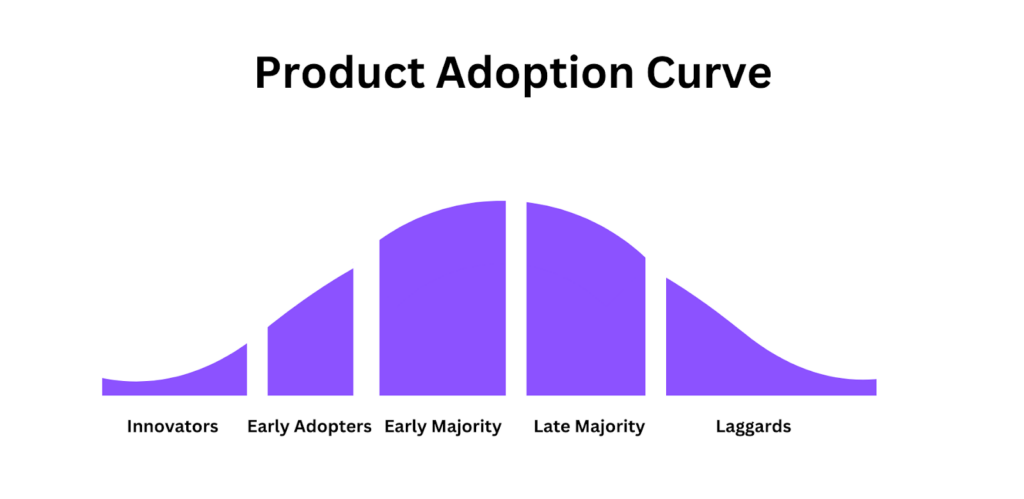A Distinctive Voice in the Startup Literature
Having had the privilege of delving into countless books on technology, startups, and the philosophy of problem-solving, it’s rare that one resonates deeply and prompts changes to the way you think about product development. Uri Levine’s “Fall in Love with the Problem, Not the Solution” has achieved precisely this feat.
Levine’s Legacy: Beyond Tech to the Heart of Entrepreneurship
Uri Levine, renowned for his achievements as the mastermind behind unicorn startups Waze and Moovit, doesn’t just bring his tech-savvy background to the table. Instead, he delivers a panoramic insight into the very essence of entrepreneurship, likening it to the thrilling and tumultuous journey of falling in love.
Levine states clearly in the introduction this work is his contribution, to give back to the start-up by sharing his experience and approach so that others can learn and succeed.
He doesn’t dissapoint.
A Core Philosophy: The Enigma of Problem vs. Solution
The title itself encapsulates a core belief of Levine’s: an entrepreneur must obsess over the problem they aim to solve, not the solutions they are building. Or maybe fall in love with your customer, not you, and stop navel-gazing at your app.
The fundamentals about falling in love with the problem include:
- Knowing both the Problem and its emotional effect on the customer.
- A large, valuable problem needs to be perceived as such by a significant user segment.
- Changes in customer perception can make a big problem unworthy of solving.
- The significance of a problem isn’t solely about market size; it also requires high frequency and/or intensity of pain.
(On that latter one, Levine explains Google’s M&A perspective – when they look at a potential company to acquire, he wants to know if the product is like a toothbrush, “something you will use once or twice a day.”)
A problem-oriented mindset ensures sustained commitment to value creation (a popular term and obsession within Private Equity) for the customer. The importance of keeping internal teams and aiding portfolio companies to focus on the customer and the value they derive has never been elucidated more clearly.
The Startup Roller-coaster: Navigating Skepticism and Emotion
Levine’s metaphor of love serves as a poignant reminder of the emotional roller-coaster ride that is the startup journey. Just as friends might dismiss our romantic choices, many will doubt our innovative ideas. Such skepticism, while disheartening, is a necessary aspect of the entrepreneurial path. It challenges us to be more resilient and serves as a testing ground for the viability of our concepts.
Delving into Practical Startup Dynamics
His narrative isn’t merely a collection of lofty ideals. Sharing his own, many, experiences Levine gets into the nitty-gritty of startup challenges, from ensuring product-market fit, the nuances of team dynamics, to the often daunting task of making the ‘hard decisions’ – such as firing.
His wisdom on hiring and firing (in that order) practices, emphasizing the criticality of the 30-day review, offers a pragmatic approach to organisational management.
Key Takeaways and Impressions
What impressed me most (apart from Steve Wozniack penning the introduction, which in itself is a testament to the author’s success and the book’s calibre) is Levine’s ability to make complex concepts accessible. And you get a real sense from that, no matter what size you get to, startup growth is turbulent – and to expect that all the way to exit. As stated before, most overnight successes are years in the making so it’s good to see entrepreneurs like Levine sharing their knowledge and removing some of the barriers to useful advice.
I particularly enjoyed Levine’s insights into user categories along the user adoption curve. His candid admission of being more of a late majority, rather than an early adopter, was intriguing. Given that many entrepreneurs are risk-takers, this perspective was thought-provoking to contemplate.

His emphasis on understanding the problem resonates particularly well, offering a clear guideline for investors and CxOs: value is derived from addressing real, widespread challenges, not from over-technical solutions in search of a problem.
Concluding Thoughts
In conclusion, “Fall in Love with the Problem, Not the Solution” is not just another entrepreneurial manual. It’s a deep dive into the psyche of a successful entrepreneur. Levine’s personal touch, including an audio version in his own voice, adds a genuine feel to the journey he invites us on.
For any investor or CxO looking for an insightful, positive, and actionable guide on entrepreneurship, this book is an indispensable addition to your library.




